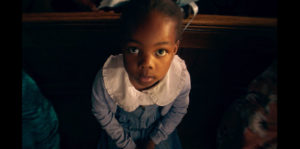
Writer-director Karen Bryson’s short film, Monochromatic, tackles the issue of racism through the eyes of a child. Grace (Kenedy McCallam-Martin) is a six-year-old black girl. While playing in her backyard, she decides to sneak but falls, cutting herself along the broken glass-strewn walkway. To her mother’s horror, Grace is returned home by a young man wearing a Neo-Nazi t-shirt.
From this point on, Grace is slowly exposed to the mere existence of racism in London. It starts with observing a wall spray painted with “White Power.” She repeats the phrase without a thought to its meaning. Her mother and aunt secretly discuss their encounters with the militant white locals and the subtle microaggressions from a white lady at church.
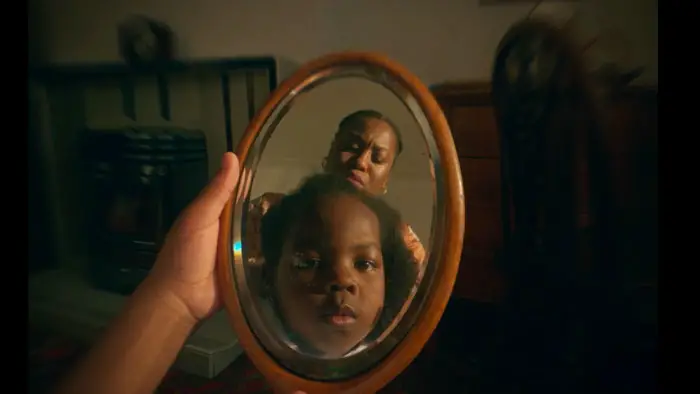
“…Grace is returned home by a young man wearing a Neo-Nazi t-shirt.”
Monochromatic is set in 1977 London, England, and opens with a passage from Enoch Powell a British politician who served as a Conservative Member of Parliament’s speech “Rivers of Blood” in 1968. Bryson’s short takes us to this time, seen through the eyes of the young lead as the camera places us directly into her shoes, literally, as we are given a first-person perspective. This cinematic device is always an interesting choice in movies like Maniac. It’s especially effective here, thanks to cinematographer Tristan Chenais. It never feels like a gimmick and hits all the story’s emotional moments.
What Bryson gets across in the plot is that moment when a young girl realizes that she is different and treated differently because of her skin color. It’s that moment when childlike innocence is lost due to a serious dose of reality and can no longer be shielded by the truth. Monochromatic tells a powerful and thought-provoking narrative that will sit with you for a long time.
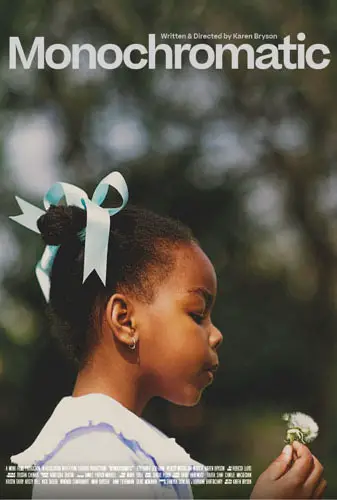
"…powerful and thought-provoking narrative that will sit with you for a long time."
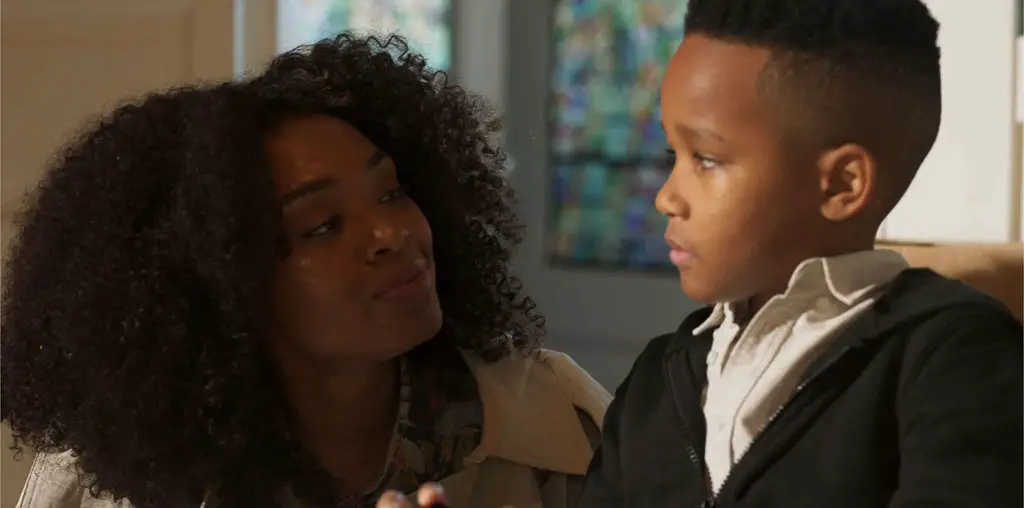
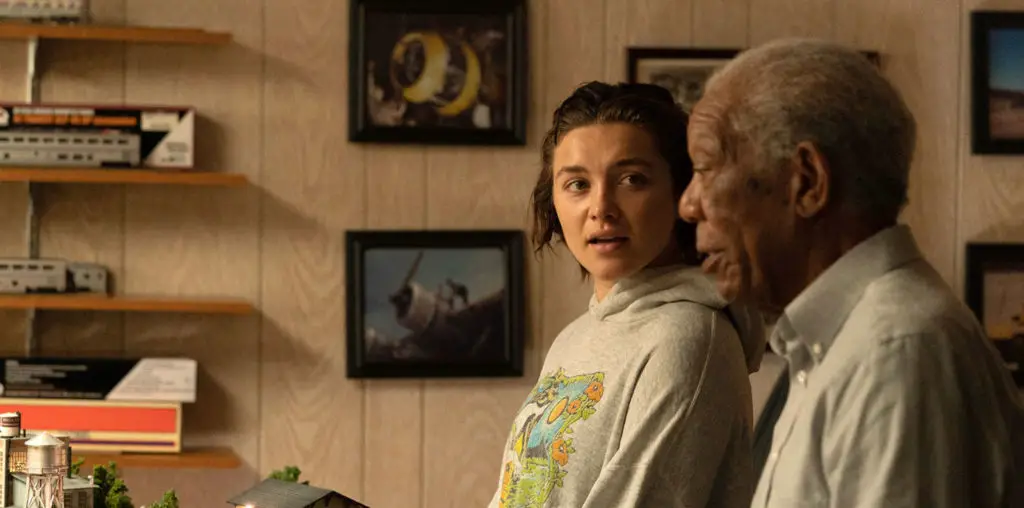
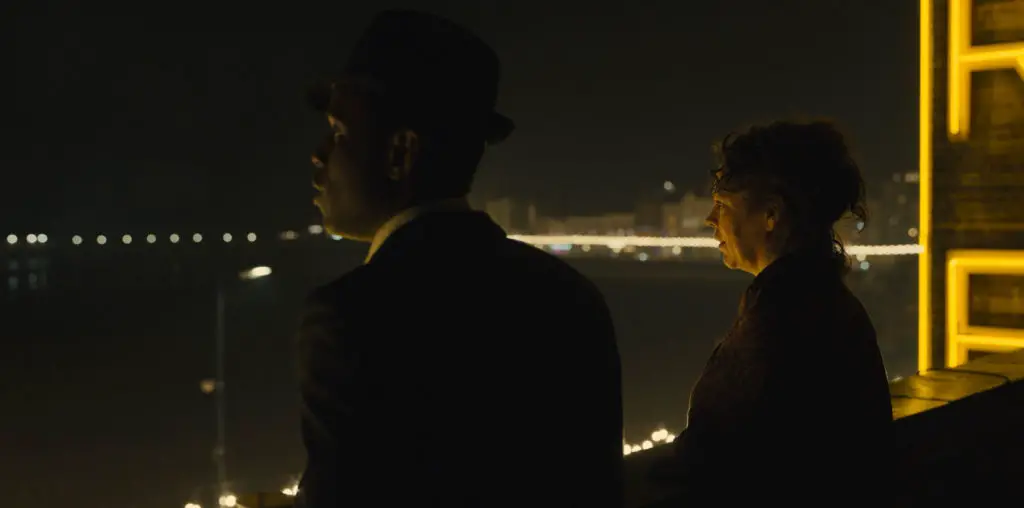
[…] Source link […]